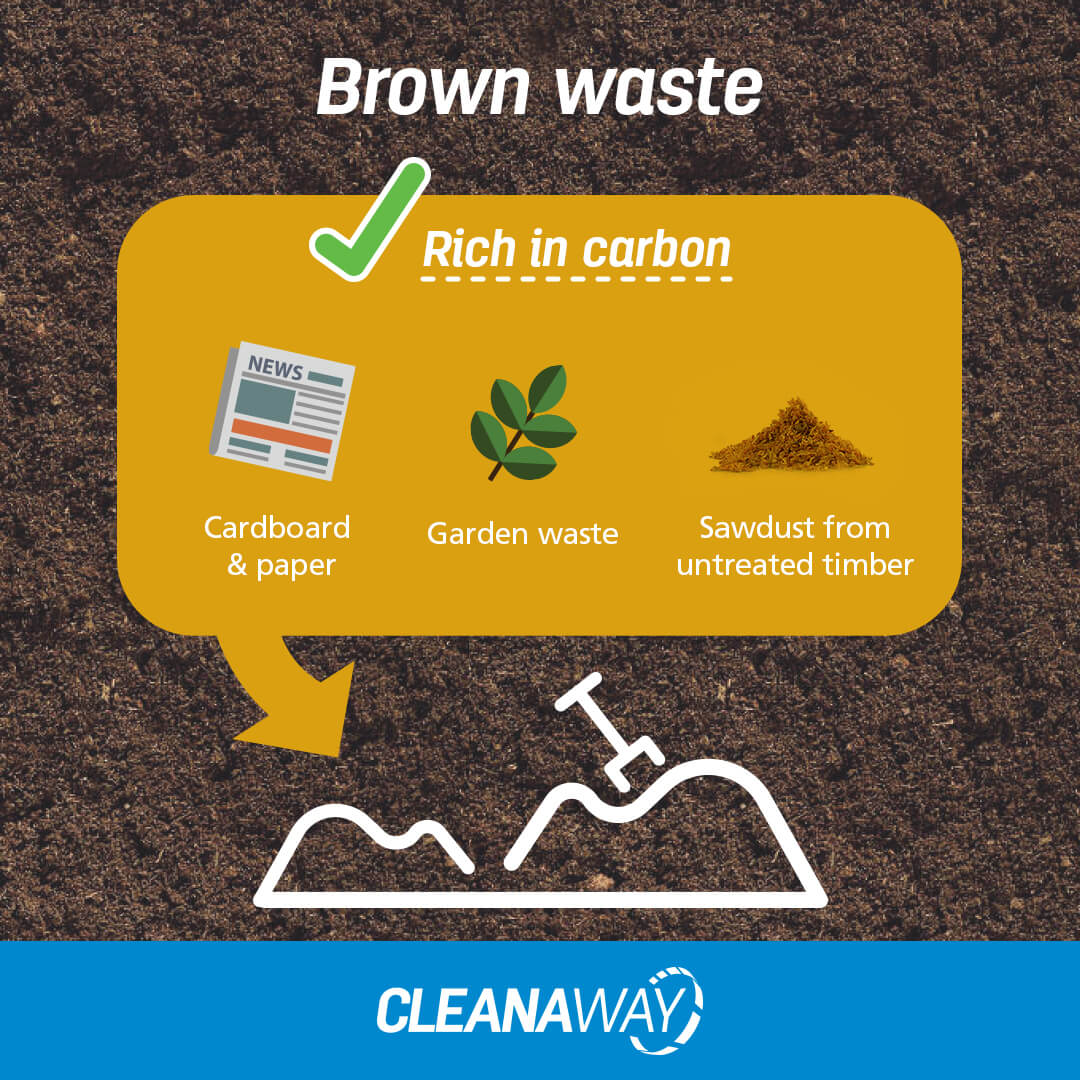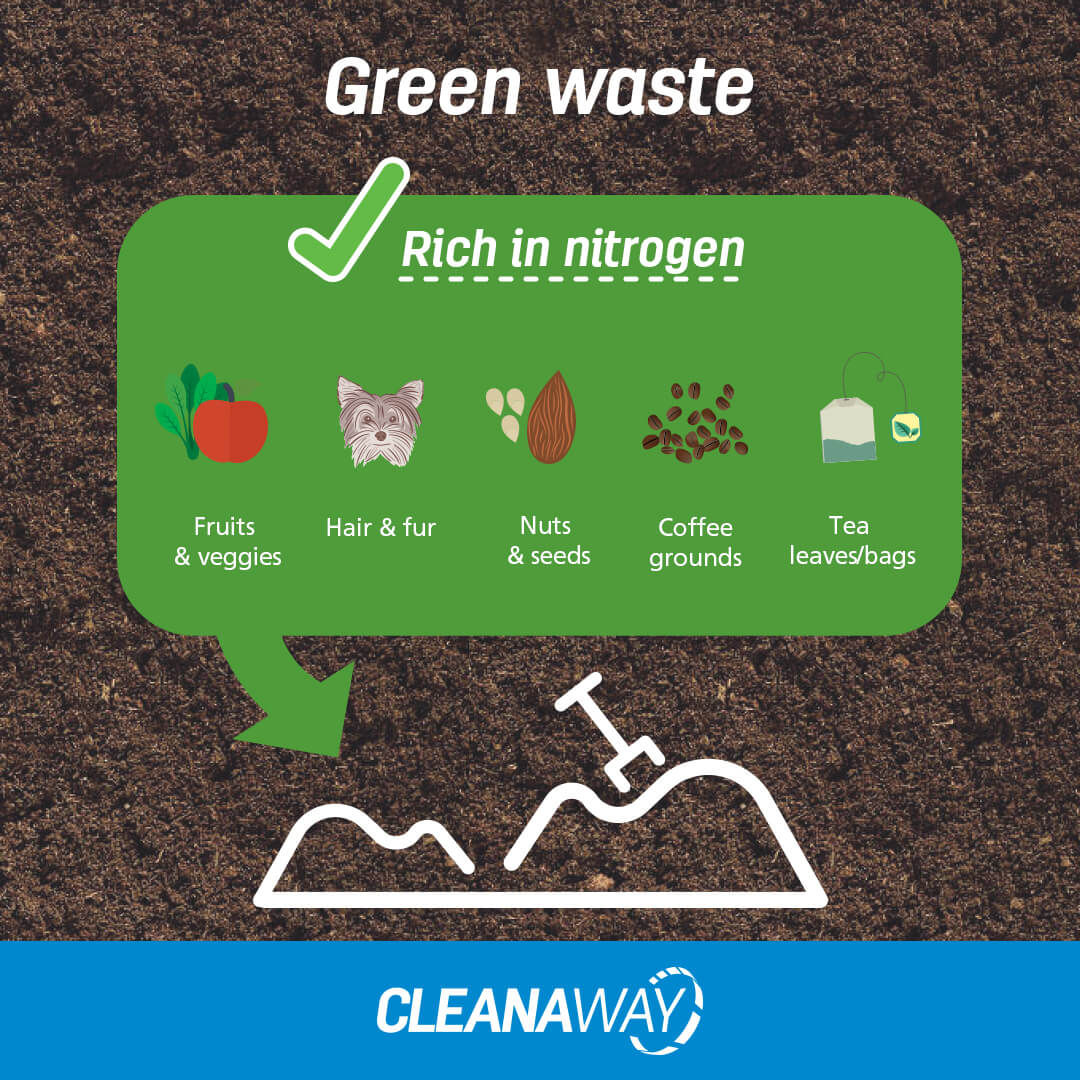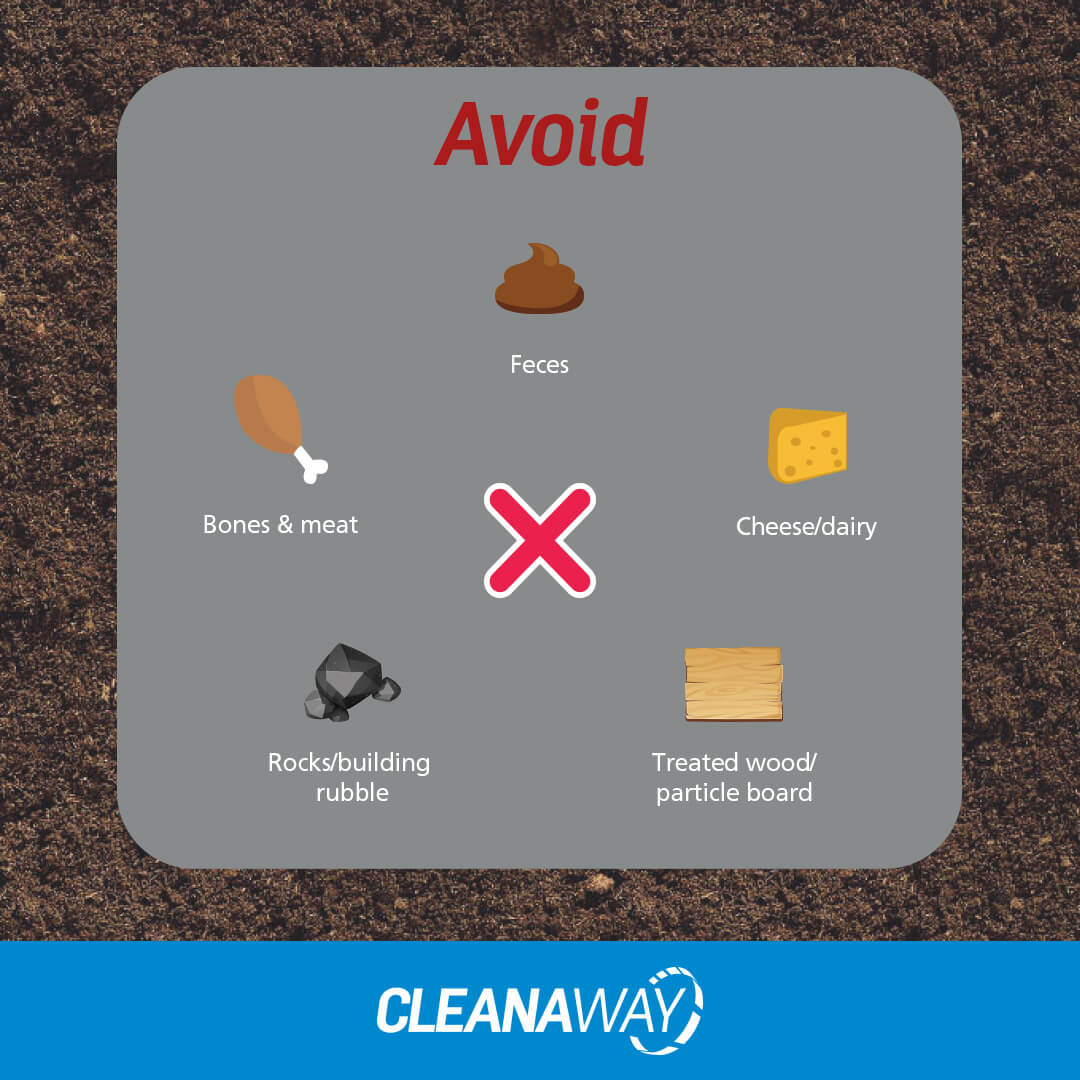Updated December 2022
Organic waste like leftover food is some of the heaviest components of the general waste bin, making up to 50% of the bin for shopping malls and the retail sector alone. Yet food and other organic waste, such as garden trimmings, can be recycled into compost, mulch and other beneficial soil conditioners, closing the loop on organic waste.
Composting at home or school
For households, composting is a simple, actionable way to recycle organic waste that almost anyone can do.
The benefits of composting at home include:
- Reduce reliance on chemical fertilisers, pesticides and herbicides
- Change the soil structure of the garden, leading to healthier and resilient plants
- Reduce reliance on expensive soil conditioners and chemicals
- Increase the garden’s resistance to drought and dry conditions by improving water retention and reducing soil erosion
- Reduce the weight and volume of the general waste bin
Starting a compost at home is simple:
- Aim for a healthy balance of rich carbon matter and organic nitrogen

- Use a 3:1 ratio of brown to green items

- Ensure your bin is covered to avoid flies and rodents and avoid unsuitable materials

Watch this video to learn more about setting up a compost bin at home or in school.
To encourage even more organics recovery, kerbside FOGO collections are being rolled out across the country. The National Waste Policy Action Plan has targeted FOGO bins for every household in Australia by 2030.
South Australia is currently leading the way with the most amount of kerbside FOGO bins:
- 40% in South Australia
- 26% in New South Wales
- 24% in Victoria
- 10% in Tasmania
- 3% in Western Australia (with an expected increase as the Better Bin program is expanded)
Organics recovery for businesses
For businesses, organics recycling offers a number of benefits, including:
- Reducing the weight and thereby, the cost of the general waste bin
- Improving landfill diversion and sustainability rates
- Promoting a circular economy where recycled organics contributes to the health crops and agriculture
Organic waste recovery is not limited to just cafes, shopping malls, kitchens, bakeries and other food and beverage businesses. Savvy business owners that have a comprehensive waste management plan can identify new waste streams on their premises, including organic waste.
Event organisers may also want to engage an organics recovery service for their events, even if it is a one-off occasion.
Find out how we work with our customers to reduce waste with our total waste management solutions for businesses.
What happens to organic waste?
The organic waste collected by Cleanaway can be recycled in multiple ways, including repurposed into high-grade compost. Our EPA-approved organics recovery facilities located throughout Australia processes food and garden waste into compost and mulch. The South East Organics Facility in Dandenong South alone allows us to recover 100,000 tonnes of organic waste each year including large amounts of industrial food waste wrapped in packaging.
Want to download our top tips for FOGO recycling? Visit our FOGO hub.
Contact us to learn more about how we make a sustainable future possible with organic recovery solutions for businesses.